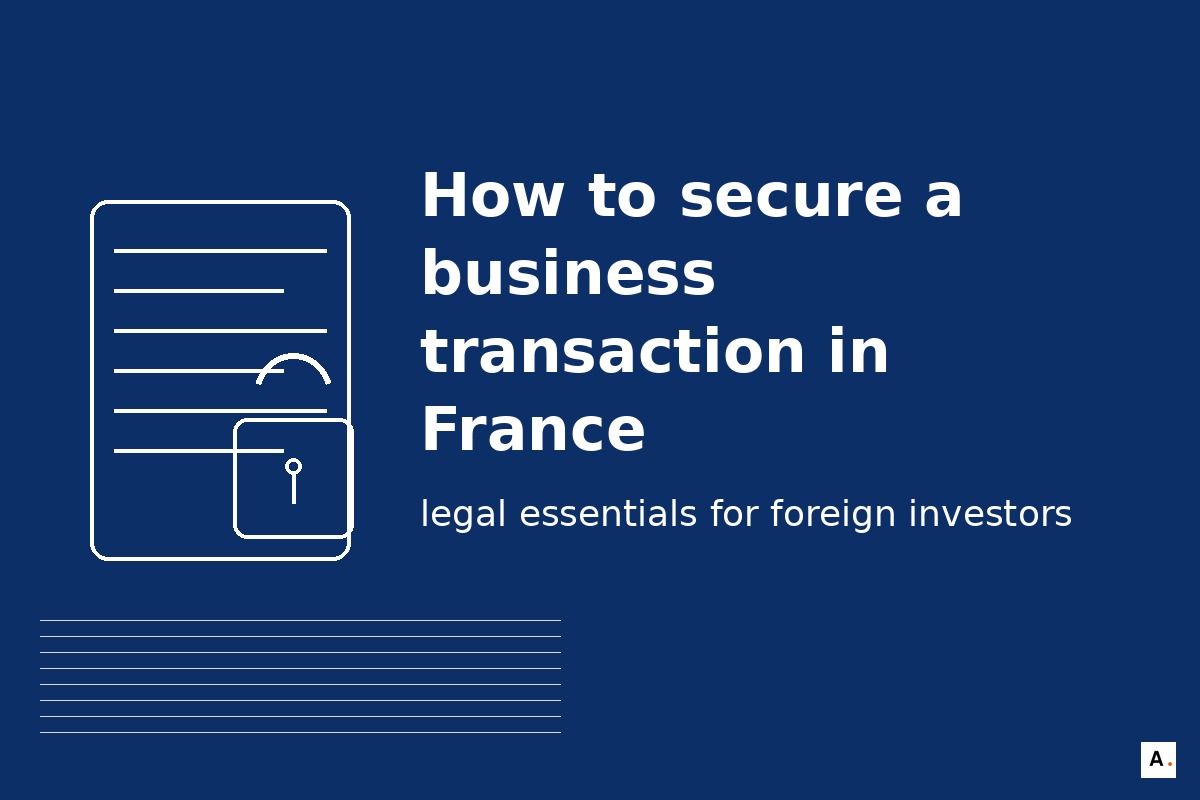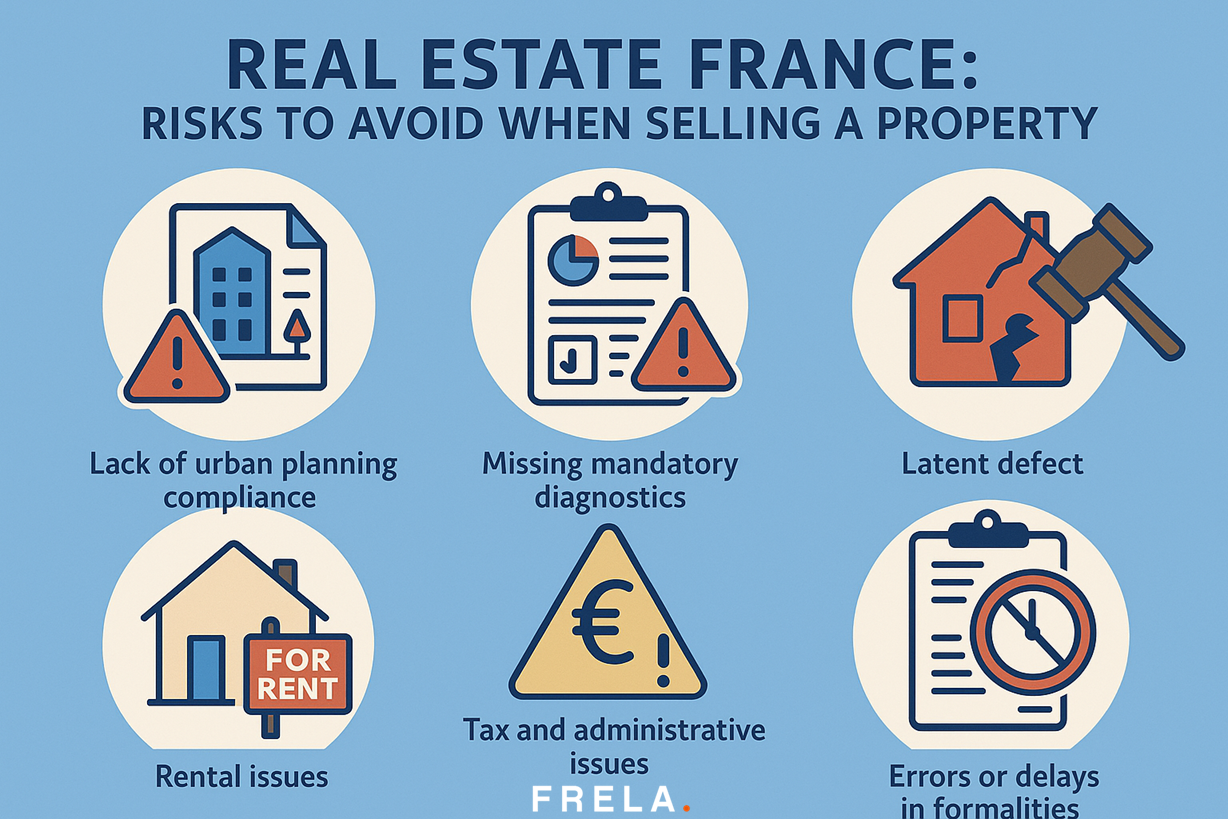French tax disputes
Tax litigation is a particularly complex area of law in France. It encompasses a wide variety of tax rules and procedures, as well as significant financial stakes for taxpayers and the tax administration. It is therefore crucial to understand the complexity of this area of law in order to grasp the issues and risks associated with tax disputes. Tax disputes in France occur between taxpayers and the administration.


Types of tax disputes
In France, tax disputes can take various forms, including:
- Excess of power of the tax administration: This is a procedure that allows the taxpayer to request the cancellation of an administrative decision that he considers illegal before the competent court.
- Taxation disputes: This is a procedure initiated by the taxpayer in the event of irregularities in the tax base or the calculation of the tax, as well as in the procedure for collecting it. The taxpayer disputes the way the tax administration has calculated the amount of their taxes or how it has collected them.
- Community tax disputes: This is a procedure through which the taxpayer seizes the competent court at the level of the European Union to challenge a national tax provision that he considers contrary to the principle of free competition.
Competent jurisdiction
In France, the competent jurisdiction for tax disputes depends on the nature of the conflict. Administrative courts have jurisdiction over tax disputes related to the calculation and collection of taxes such as income tax, corporate tax, VAT, housing tax, and property taxes.
The court of first instance will be competent for tax disputes related to stamp duties, indirect contributions, and registration duties such as inheritance and gifts.
It is important to note that tax disputes are complex and may take a long time. It is therefore recommended to seek the assistance of a specialized tax lawyer to accompany you in the appeal process.
The procedure
In France, the tax administration has the power to carry out tax checks to verify that taxpayers are complying with their tax obligations. These checks can be carried out unexpectedly or by appointment. During a tax check, the tax administration may require the production of documents and information concerning the taxpayer’s tax situation. It may also carry out on-site inspections and seizures. In the event of non-compliance with tax obligations, the tax administration may establish tax adjustments and impose tax penalties. Taxpayers can challenge these decisions by following the tax appeal procedure.
To initiate a tax dispute in France, the taxpayer must first submit a claim to the tax administration. This can be done by making a request to the court registry through a bailiff. Following the response to the claim, the taxpayer has a two-month period to seize the court.
Depending on the tax dispute, the procedure will not be the same, and the taxpayer will have to contest the tax adjustment either before the civil court or before the administrative court. For tax adjustments related to income tax, corporate tax, VAT, housing taxes, and property taxes, the taxpayer must go before the administrative court. On the other hand, for inheritance or gift duties, stamp duties, wealth tax, and indirect contributions, the taxpayer must go before the civil court.
It should be noted that tax disputes related to housing or property taxes cannot be appealed. Similarly, if the judgment of the trial has been rendered by a single judge, it is not possible to appeal.
Tax litigation in France is a complex area. Taxpayers must be aware of their tax obligations. In the event of a tax dispute, it is recommended to seek the assistance of a specialized tax lawyer to accompany them in the appeal process.
It is also important for taxpayers to understand the tax audit procedure in France in order to be able to cope with it if necessary. Ultimately, a good knowledge of tax rules can help taxpayers avoid tax disputes and maintain a relationship of trust with the tax administration.
About the Author :
Business lawyers, bilingual, specialized in acquisition law; Benoit Lafourcade is co-founder of Delcade lawyers & solicitors and founder of FRELA; registered as agents in personal and professional real estate transactions. Member of AAMTI (main association of French lawyers and agents).
FRELA : French Real Estate Lawyer Agency, specializing in acquisition law to secure real estate and business transactions in France.
Paris, 19 Rue du Colisee, 75008 Paris
Bordeaux, 78 Cours de Verdun, 33000 Bordeaux
Lille, 40 Theater Square, 59800 Lille

This article is provided for general information only and may not reflect the most recent legal or tax developments. It does not constitute legal advice. Please contact us for personalised guidance before making any decision.




